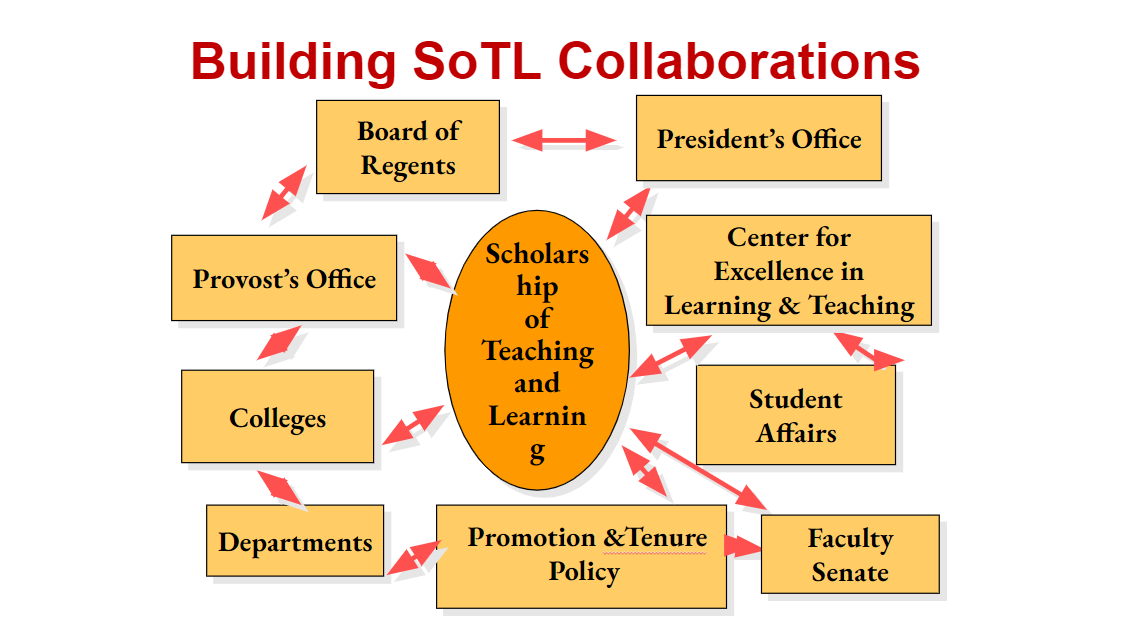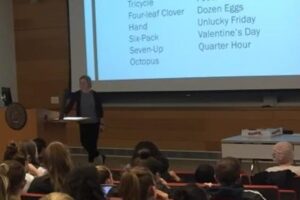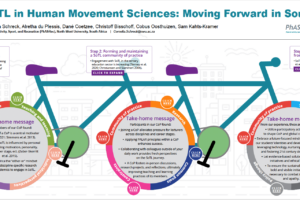
Valuing SoTL Within an Institutional Context
By Ann M. Gansemer-Topf, Sara Marcketti, Paul Hengesteg, and Steven A. Freeman
In Spring 2019, I had the opportunity to coordinate the Scholarship of Teaching and Learning (SoTL) Scholars program at Iowa State University. The program was a cohort-based program whose purpose was to assist faculty in developing and carrying out SoTL projects. The program participants represented a wide range of disciplines and expertise, but participants were united by a common passion for teaching and an interest in systematically engaging in research to improve student teaching.
Despite their excellent questions and initial motivation, many faculty did not follow through on their projects. Through this experience I saw first-hand how a strong interest in SoTL does not always result in a completed study. Other activities such as preparing courses, grading, disciplinary research, committee work, student issues, and departmental politics, are fierce competitors for faculty time and energy.
In the past decades, SoTL has gained significantly more recognition as a valid form of scholarship. Our study, which involved reviewing faculty members’ CVs over the past 10 years provides yet another insight into the preponderance of SoTL within postsecondary education—specifically how institutional contexts and disciplines may influence SoTL efforts.
The results demonstrate that although SoTL as a field may be gaining more legitimacy, there must also exist a strong network of support within one’s institutional context and discipline. One person can envision a SoTL project, but the vision can only become reality when there exists a web of institutional support that encourages, supports, and values this work.
Find the full TLI article here.




